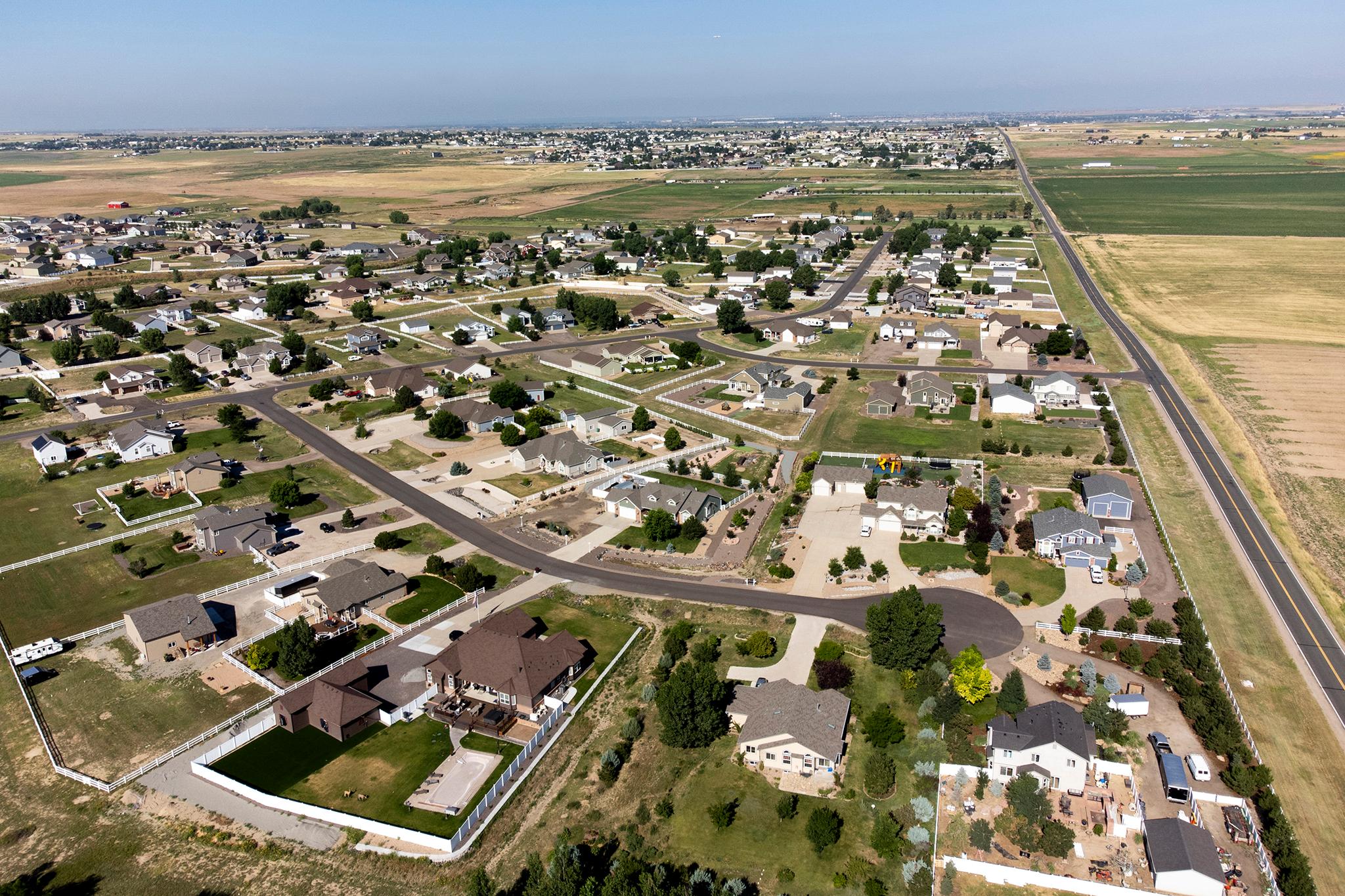
The financial fight over a plan to rewrite Colorado’s tax system is gearing up.
Proposition HH — a ballot measure put forward by the state’s Democratic leadership — has attracted $360,000 of political donations so far, providing a picture of some of the forces supporting the change.
The measure has been marketed primarily as a property tax cut, but it also could grow the state’s education budget by raising the state’s TABOR cap and potentially shrinking tax refunds by a total of billions of dollars over the next decade.
Early fundraising reports show that some education groups like the measure. The Colorado Education Association donated $50,000 to the campaign last week, and another $100,000 came from Education Reform Now Advocacy, an arm of the national group Democrats for Education Reform.
The two groups didn’t immediately respond to requests for comment.
Brenda Dickhoner, head of the conservative education group Ready Colorado, said she wasn’t surprised to see liberal education groups supporting the measure — since it will ultimately benefit them, she argued.
“We do see this as an education funding measure,” she said, adding that the fundraising report “confirms that others are also seeing this as an education funding measure. It's not just a property tax measure.”
Nico Delgado, a campaign spokesman, put the education groups’ support in a different light. In a written statement, he argued that they support the measure because it offers “responsible property tax relief” without harming school funding.
The Polis administration has downplayed the idea that the measure could provide a boon of K-12 funding, arguing instead that TABOR refunds would be repurposed, first and foremost, to provide backfill funding to schools and ensure they aren’t negatively affected by the property tax cut.
But other top Democrats have said that raising the TABOR cap could indeed grow education funding, at least if the stars align and the economy delivers strong tax revenues.
They’ve also argued that it’s a way to “stabilize” the school budget and make up for chronic underfunding — finally meeting, perhaps, the expectations voters created under Amendment 23, which requires state funding per pupil to increase with the rate of inflation.
Arguments for — and against — Prop. HH
If it passes, Prop. HH would cut property tax rates, saving money for homeowners and others. That would mean that most people’s property tax bills grow at a slower rate, potentially saving property owners $1 billion a year or more compared to the status quo.
At the same time, the measure could eventually allow the state to keep and spend up to $2 billion per year instead of refunding it to taxpayers.
That refund money would first be used to “backfill” schools’ budgets, making up for the property tax rate cut. It would also partially backfill other local districts like cities.
But once those backfill obligations are met, the rest of the retained refund money — potentially hundreds of millions of dollars per year — would flow to the state education fund, allowing it to grow faster. (Refunds would still be paid in years when the economy is especially strong, but they would be smaller as a result of Prop. HH.)
Dickhoner said she agrees with the drive for more school funding, but not the approach — arguing that the state needs a “fundamental change” to the state’s school funding formula.
A conservative proposal meant for next year’s ballot would slow the growth of property tax bills but wouldn’t provide a source of replacement state dollars for education — a move that would “gut funding for schools,” Delgado wrote.
Support for Prop. HH also came from Pat Stryker, who donated $100,000. The billionaire is known as one of the four key funders behind the rise of Democrats in Colorado early in the 2000s. The group also includes Gov. Jared Polis, a key proponent of the funding measure. The campaign also reported a $60,000 donation from the SixteenThirty Fund, a national Democratic dark money group.
A recent poll found that the ballot question enjoys moderate support right now, but voters know little about it.








